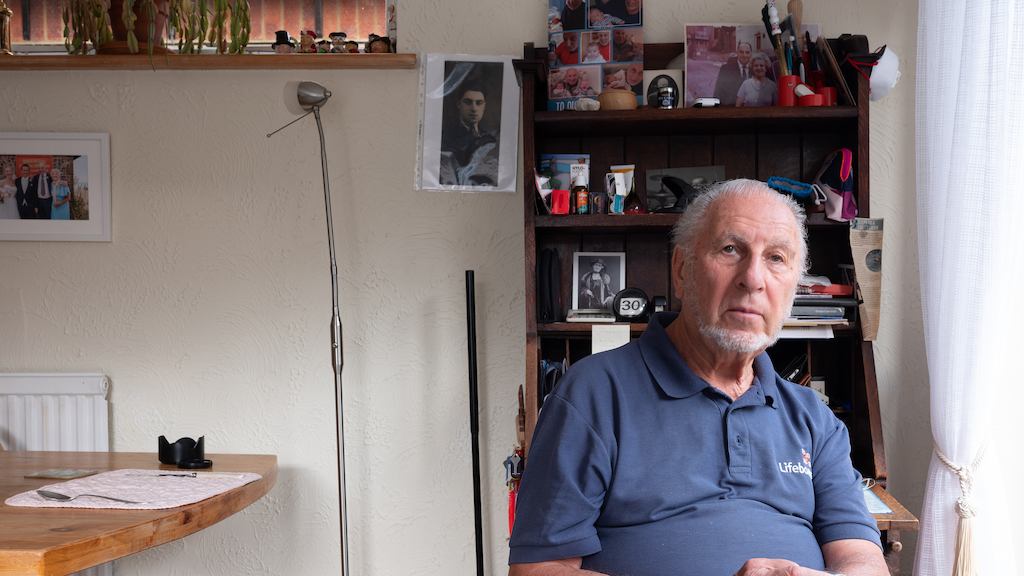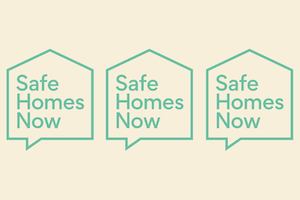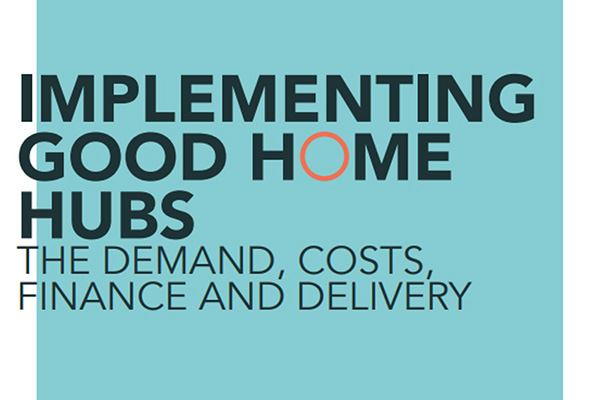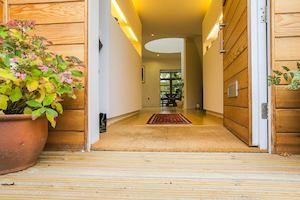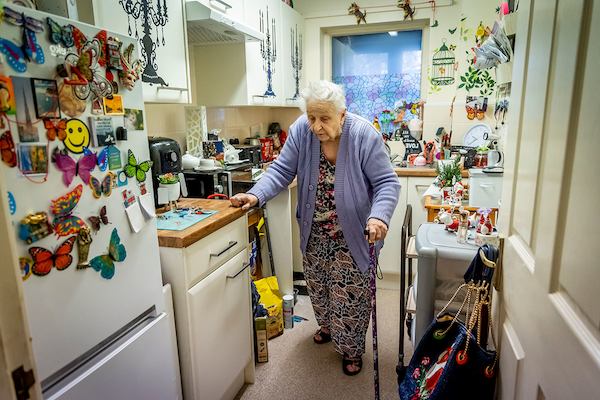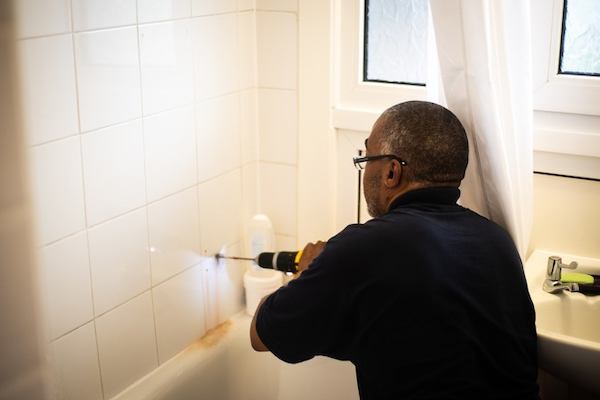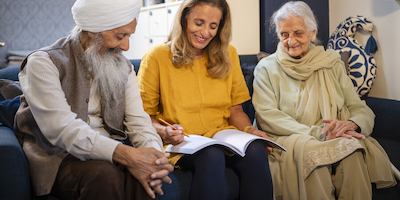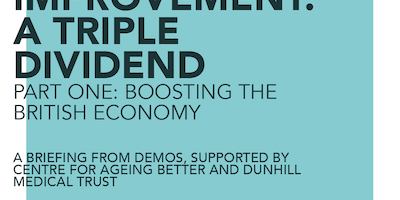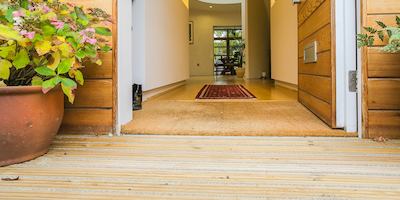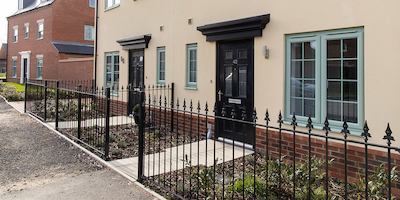More than one in three (37%) people of pension age in the private rented sector are living in relative poverty.
Older private renters are likely to live in poor-quality homes, which can have severe consequences for their health and wellbeing.
Almost two in five (38%) privately rented homes headed by someone aged 75 and over are defined as non-decent, compared to up to one in five (22-26%) privately rented homes headed by someone aged 74 and younger.
We also see the highest prevalence of condensation, damp, and mould in households headed by people aged 50 and over.
With older people and babies at the greatest risk of complications from respiratory illnesses, it is imperative that we address these issues in privately rented homes to protect people’s health.
For disabled people in privately rented homes, access to essential adaptations is limited. Disabled Facilities Grants (DFGs) offer one-off funding to make homes more accessible and support independent living. However, private renters are the least likely to benefit — just 6% of recipients rent privately, compared with 65% who are homeowners.
The combination of our population ageing and the increasing number of Disabled people in the country, means that many renters could be cut off from adaptions which could transform their quality of life.
It is clear from the ever-growing private rental landscape that the Renters’ Rights Bill is needed, and we welcome the government enshrining these protections in law.
The Renters Rights Bill will introduce the following changes:
